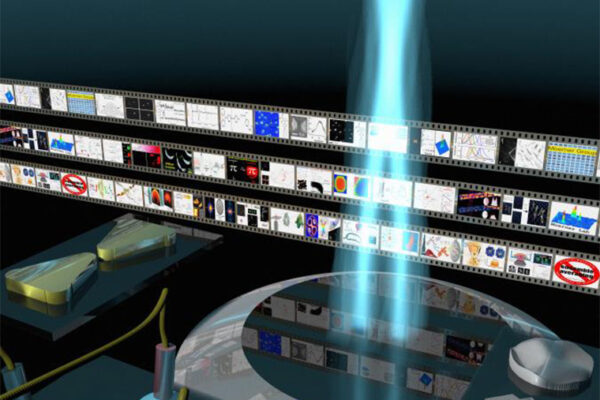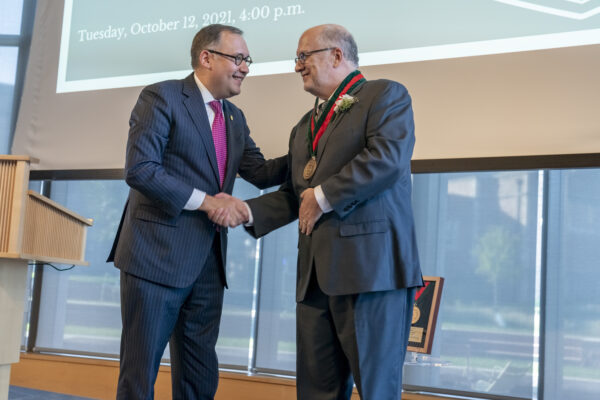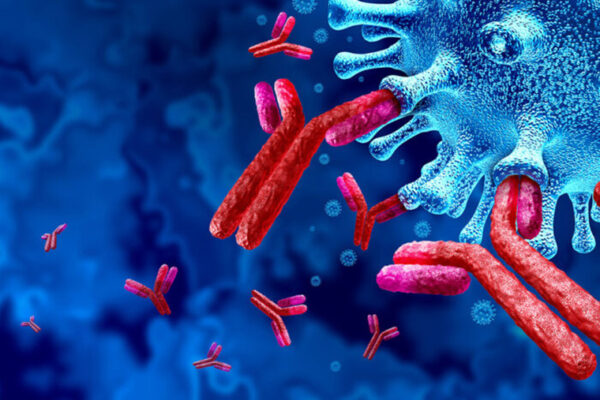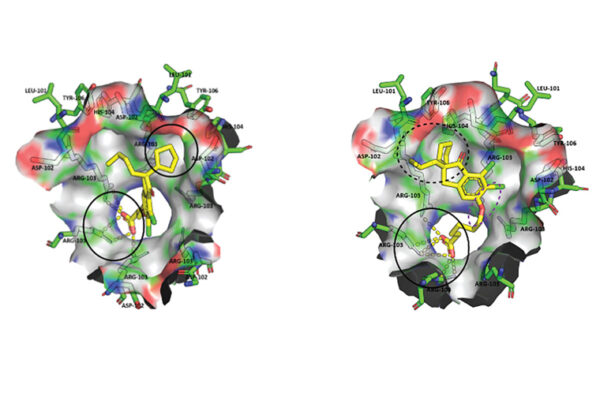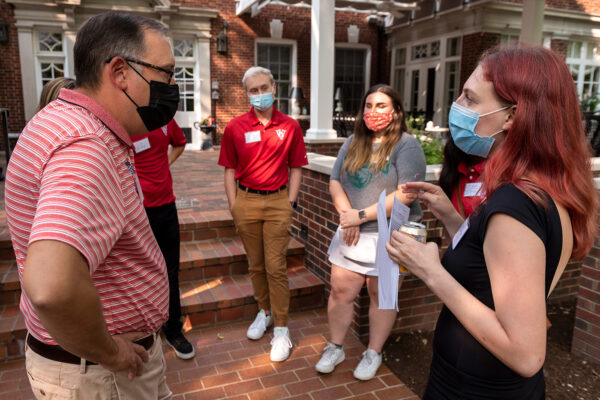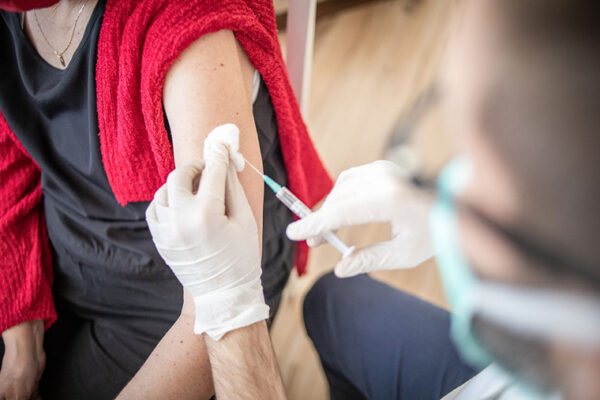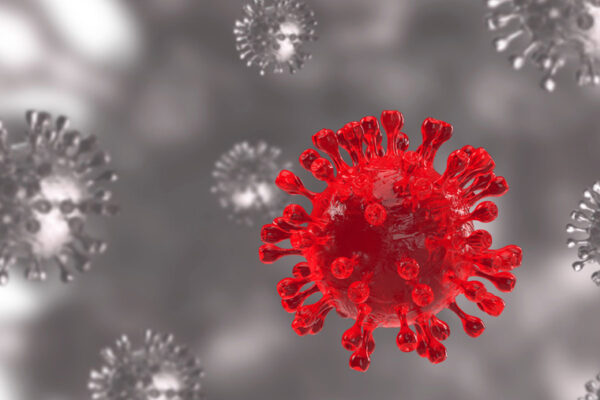Vortex microscope sees more than ever before
A new imaging technology from the lab of Matthew Lew at the McKelvey School of Engineering uses polarized “optical vortices” to provide a detailed, dynamic view of molecules in motion.
COVID-19 survivors face increased mental health risks up to a year later
People who have had mild or serious COVID-19 infections have a significantly higher chance of experiencing mental health problems, according to new research from the Washington University School of Medicine and the Veterans Affairs St. Louis Health Care System.
Luke installed as inaugural Horowitz Professor in Social Policy
Douglas Luke, a leading researcher in the areas of public health policy, systems science and tobacco control at the Brown School at Washington University, has been installed as the inaugural Irving Louis Horowitz Professor in Social Policy.
Antibodies improve in quality for months after COVID-19 vaccination
Antibodies elicited by COVID-19 vaccination become steadily more powerful for at least six months after vaccination, according to a study by researchers at Washington University School of Medicine that involved the Pfizer-BioNTech COVID-19 vaccine.
Kirill Gerstein and Garrick Ohlsson Feb. 27
Garrick Ohlsson is a “marvel of virtuosity” (New York Review of Books). Kirill Gerstein is “one of today’s smartest musical thinkers” (Limelight.) On Feb. 27, these renowned pianists will join forces for a special one-night-only performance at Washington University in St. Louis.
Diabetes, metabolic syndrome in mice treated with novel class of compounds
Researchers at Washington University School of Medicine have shown, in mice, that a new class of compounds they developed can improve several aspects of metabolic syndrome. Such conditions often lead to cardiovascular disease, the leading cause of death worldwide.
Danforth Campus to move to unified Career Center
In an effort to better connect Washington University graduate and undergraduate students to meaningful career opportunities, all Danforth Campus career services and programs will be administered by a unified Career Center. The transition, effective fall 2022, will provide students a seamless experience and offer employers a clear point of entry into the university.
Washington University participates in clinical trial of Moderna omicron booster
Washington University School of Medicine is participating in a nationwide phase 2 clinical trial to evaluate whether an investigational omicron-specific booster of the Moderna COVID-19 vaccine is safe and capable of eliciting a strong immune response.
Brainy birds may fare better under climate change
Many North American migratory birds are shrinking in size as temperatures have warmed over the past 40 years. But those with very big brains, relative to their body size, did not shrink as much as smaller-brained birds, according to biologists in Arts & Sciences. The study in Ecology Letters is the first to identify a direct link between cognition and animal response to human-made climate change.
Researchers unravel omicron’s secrets to better understand COVID-19
In two recent studies, researchers at Washington University School of Medicine found evidence that the omicron variant of the virus that causes COVID-19 causes less severe disease than previous variants — at least in rodents — but that many antibody-based therapies may not be effective against it.
View More Stories
